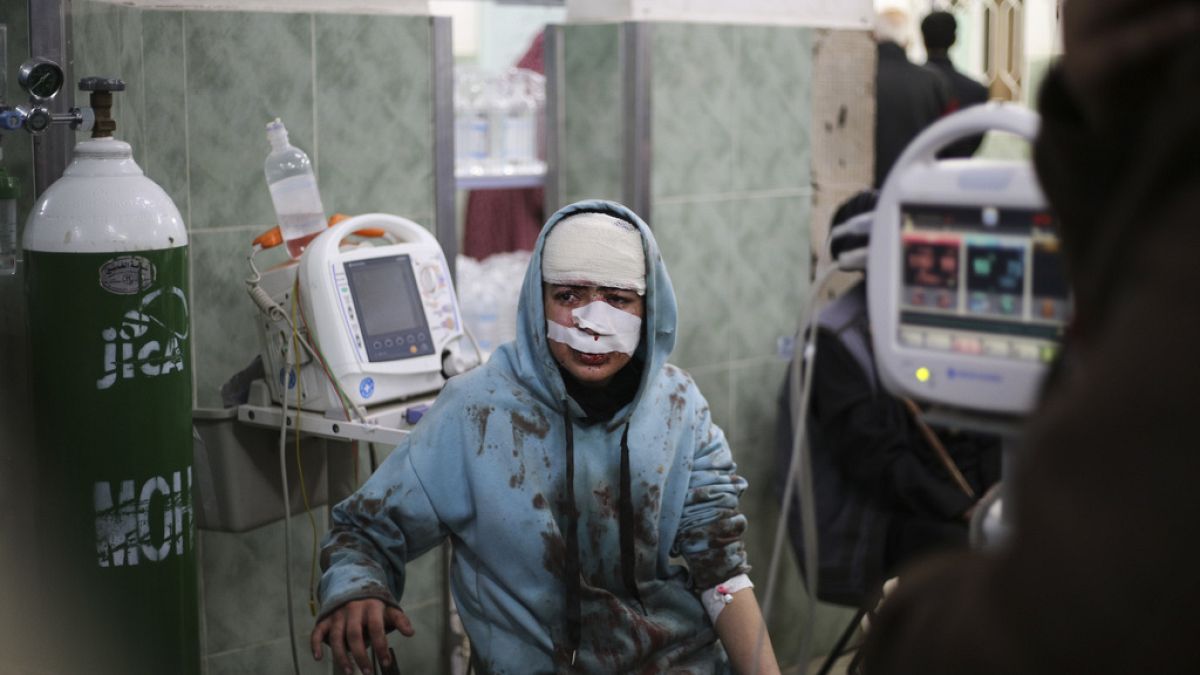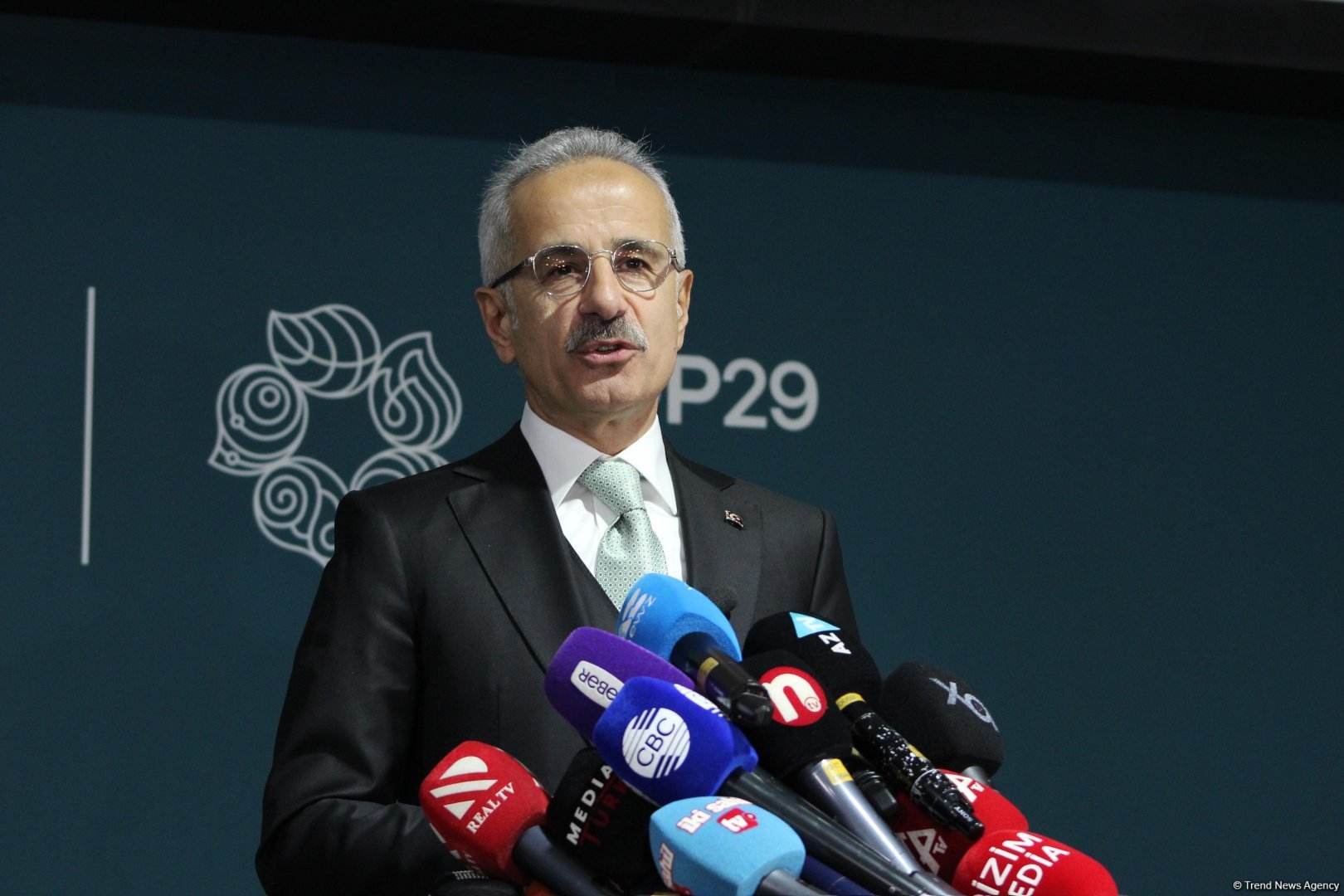The announcement will likely pile more pressure on Israel to ease its military offensive.
Gaza’s Health Ministry said on Saturday that the death toll has now risen to more than 28,000.
It announced that the bodies of 117 people killed in Israeli airstrikes were brought to hospitals over the last 24 hours.
Most of those who have died are women and children.
The ministry said more than 67,000 people have been wounded in the fighting.
Israeli airstrikes killed at least 44 Palestinians – including more than a dozen children – in the southern Gaza city of Rafah on Saturday.
Israel has carried out airstrikes in Rafah almost daily, even after telling civilians in recent weeks to seek shelter there from the current ground combat in Khan Younis just to the north.
Overnight into Saturday, three airstrikes on homes in the Rafah area killed 28 people, according to a health official.
Each strike killed multiple members of three families, including a total of 10 children, the youngest 3 months old.
Fadel al-Ghannam said one strike tore the bodies of his loved ones to shreds. He lost his son, daughter-in-law and four grandchildren.
He fears even worse with a ground invasion of Rafah, and said the world’s silence has enabled Israel to proceed. “To this day, the world has not been fair to us,” he said.
The strikes came hours after Israel’s prime minister said he had asked the military to plan for the evacuation of hundreds of thousands of people there ahead of a ground invasion.
Benjamin Netanyahu did not provide details or a timeline, but the announcement set off panic and warnings from diplomats.
More than half of Gaza’s 2.3 million people are packed into Rafah. It’s not clear where they could run next.
Israel says that Rafah, which borders Egypt, is the last remaining stronghold for the Hamas militant group in Gaza after more than four months of war sparked by the 7 October Hamas attack.
Egyptian Foreign Minister Sameh Shoukry warned that any Israeli ground offensive on Rafah would have “disastrous consequences,” and asserted that Israel aims to eventually force the Palestinians out of their land.
Shoukry also said Egypt was working to bridge the gap between the warring sides to achieve a permanent cease-fire and free the remaining hostages taken on Oct. 7 in return for Palestinian prisoners in Israel.
“The negotiations are complex,” he said.
There is increasing friction between Netanyahu and the United States, whose officials have said an invasion of Rafah without a plan for the civilian population would lead to disaster.




















Discussion about this post